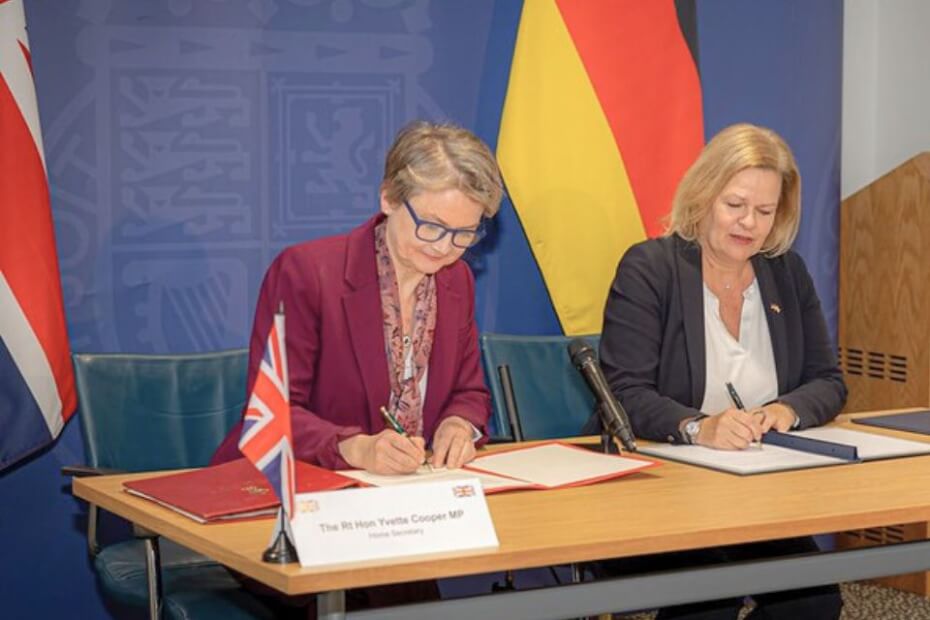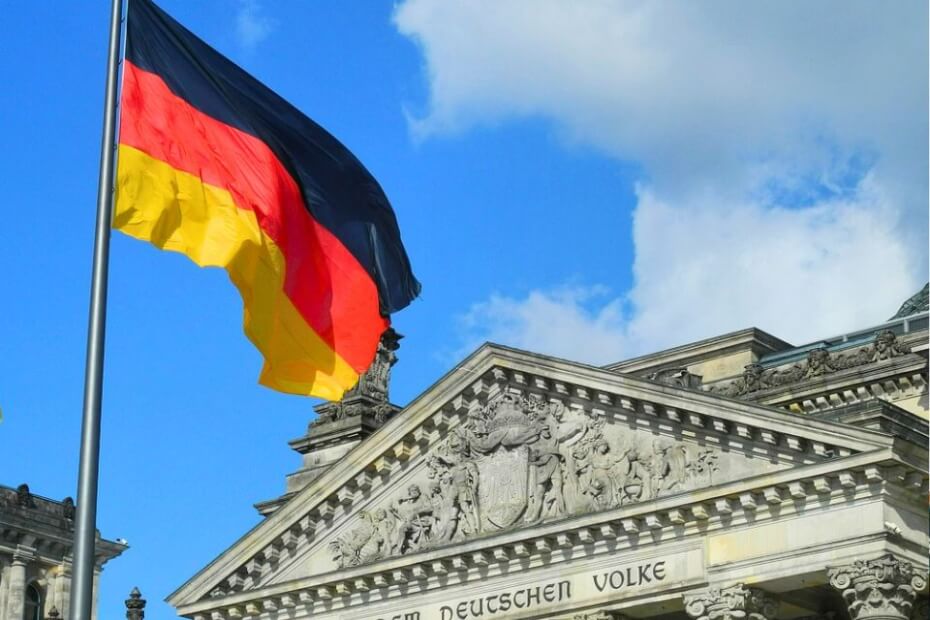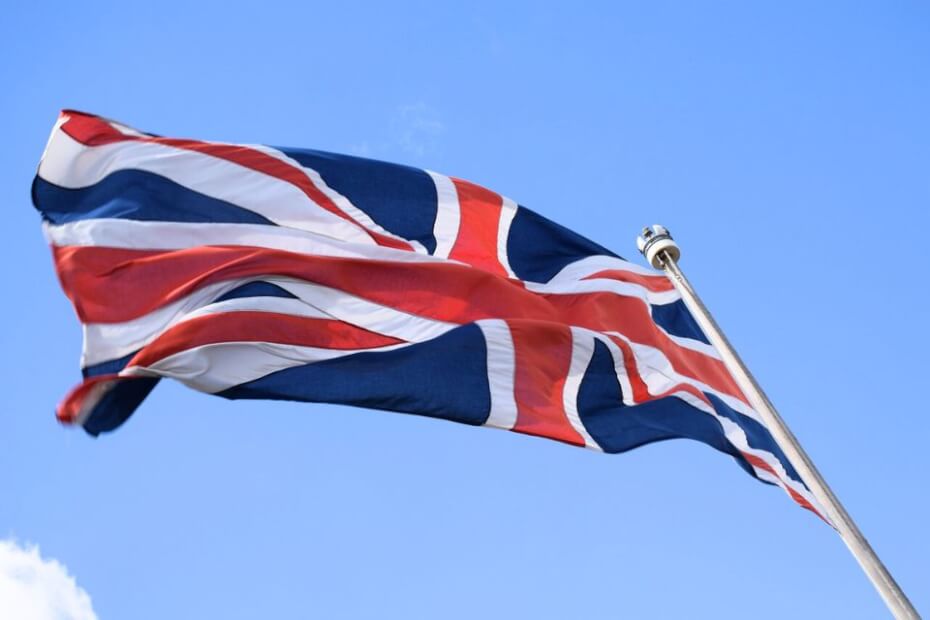
The United Kingdom (UK) and Germany have joined forces in a bold new effort to stop people smuggling.
This illegal trade endangers lives as criminals exploit vulnerable migrants and profit from dangerous crossings.
Both nations have agreed to close legal loopholes, disrupt smuggling networks, and enhance law enforcement cooperation.
The agreement, which includes a commitment by Germany to reform its laws, is seen as a crucial step in fighting this cross-border issue.
Why Germany’s law needed reform
A key part of the agreement addresses a gap in German law that has allowed smugglers to operate with relative impunity.
Currently, aiding people smuggling to non-European Union (EU) countries, like the UK, is not explicitly illegal under German law.
This loophole has been exploited by smuggling networks to plan operations and store equipment, such as small boats, in Germany.
Under the new plan, Germany will amend its laws to criminalize such activities.
German Interior Minister Nancy Faeser emphasized the importance of these changes in a news release.
“Many of these crimes are planned in Germany. Together, we are now countering this unscrupulous business with even more resolve”, she said.
UK Home Secretary Yvette Cooper called Germany’s legal reform a crucial step to crack down on migrant smuggling.
“Our new joint action plan will deliver a strengthened partnership with Germany, boosting our respective border security as we work to fix the foundations and ultimately saving lives,” she said.
The danger of people smuggling
People smuggling not only violates immigration laws but also places lives at severe risk.
More than 70 migrants have died attempting to cross the English Channel in 2024., often in overcrowded, unstable boats provided by smugglers.
These crossings usually occur at night and in dangerous weather, putting migrants at risk of accidents, hypothermia, and drowning.
Criminal networks exploit this suffering by charging migrants excessive fees and subjecting them to inhumane conditions.
Many migrants are desperate for safety or better opportunities, but their hopes are exploited by gangs motivated solely by profit.
The UK-Germany plan to tackle people smugglers

The UK-Germany agreement focuses on dismantling the business model of smuggling gangs, primarily targeting the profits they have made.
The two nations will work together to trace and seize assets linked to smuggling operations.
Another critical area is tackling online content that promotes illegal crossings.
Smuggling gangs increasingly use social media to advertise their services and recruit clients.
While details of the plan still need to be finalized, both countries aim to share expertise and resources to remove such content quickly.
The agreement also highlights cross-border intelligence sharing and closer collaboration with Europol and Frontex, the EU’s border security agency.
The UK and Germany hope to track and disrupt smuggling networks more effectively by pooling resources and sharing information.
Could this be a model for Europe?
Last month, Prime Minister Sir Kier Starmer emphasized at the European Political Community in Hungary that international collaboration is crucial to dismantling smuggling networks across Europe.
The UK already has existing partnerships with some European countries, such as France and Belgium.
However, the UK-Germany plan includes unique elements, such as Germany’s commitment to legal reform and focus on financial disruption.
This is the first agreement of its kind between the two countries, with the National Crime Agency (NCA) already supporting key international operations.
On 2 December, a joint UK-Germany investigation led to the arrest of a suspected smuggler in Leicester.
Earlier this month, NCA officers also assisted a German operation against an Iraqi smuggling ring.
This has resulted in 13 arrests and the seizure of 21 boats, engines, life jackets, pumps, and cash.
The agreement strengthens the UK’s efforts to combat smuggling gangs, including creating the Border Security Command (BSC).
The UK-Germany partnership reflects growing recognition across Europe that migration challenges require coordinated international action.
The deal could inspire similar collaborations between other nations facing irregular migration.
What happens next in the fight against people smuggling

Germany’s legal reforms must pass through its legislative process before taking effect.
In the meantime, both countries plan to enhance joint operations to crack down on smuggling activities.
This will include coordinated raids, monitoring of smuggling routes, and greater scrutiny of financial transactions linked to these criminal networks.
Long-term solutions will also require addressing the root causes of migration, such as poverty, political instability, and conflict in migrants’ home countries.
Experts agree that tackling these issues is essential to reducing the demand for smuggling services.
Both the UK and Germany have expressed their commitment to these broader efforts while ensuring their immediate priorities are met.
The joint action plan between the UK and Germany is a significant milestone in the fight against people smuggling.
While challenges remain, this agreement demonstrates the power of collaboration in tackling one of today’s most pressing global issues.

